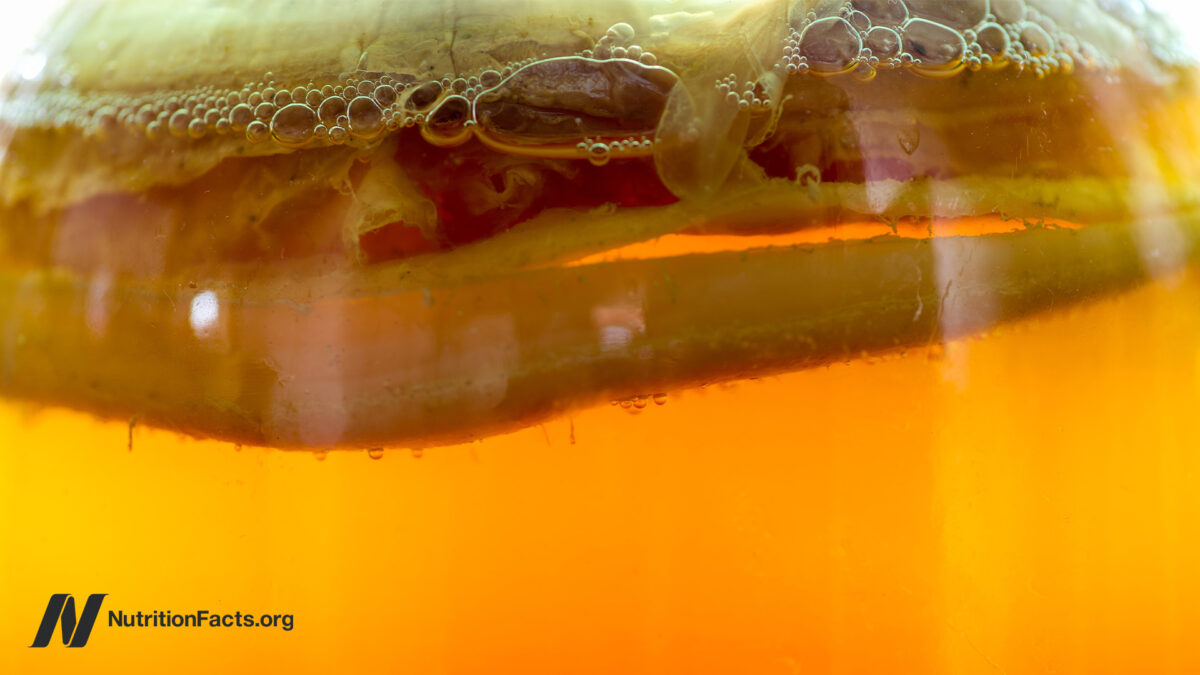Behind the rise of Ghost energy drink
How Ghost injected fun into the nutritional supplement category and what it is doing to push its new energy drink business with help from AB InBev.

A few years ago Anheuser-Busch InBev sales executive Brendan Whitworth was shopping in GNC when he came across a supplement brand called Ghost. He was so impressed by it that he emailed people behind the startup.
“He thought that there was an opportunity to do something in the ready-to-drink space,” recalled Ghost Co-Founder Ryan Hughes. “Fast forward 48 hours, and we were sitting in front of him and the rest of the executive team in New York.”
Whitworth’s cold email—and the meetings it sparked—led to the 2020 launch of Ghost energy drink via a joint venture with AB InBev. It is the latest product expression of what Ghost calls the “industry’s first lifestyle sports nutrition brand,” which includes a portfolio of dietary supplements and sports nutrition products.
Hughes, who serves as Ghost’s chief marketing officer, details the brand’s origin story and rise on the latest edition of Ad Age’s Marketer’s Brief podcast.
Ad Age Marketer’s Brief podcast
Listen on our site or subscribe via Apple, Spotify or Stitcher
Hughes, a former professional bodybuilder, co-founded Ghost in 2016 with Daniel Lourenco. Hughes said most nutritional supplement brands were marketing to body perfectionists.
But “99% of people are actually taking these products just to feel good, maybe look good on the weekends ... they just want to lose 10 pounds and that's why they're actually going to GNC or Vitamin Shoppe and grabbing some protein powder,” Hughes said.
So Ghost set out to market to those people, deploying an approach that brings more fun into the supplement business.
Ghost’s breakthrough included sweet-flavored protein powders and other supplement products that are co-branded with some of the biggest names in the candy and snacks business via licensing deals with the likes of Oreo, Sour Patch Kids, Warheads, Bublicious and others. Earlier this year it partnered with Nickelodeon to create a Teenage Mutant Ninja Turtle product line that included a 1990s-inspired “ooze” flavor.
It also struck a deal with esports powerhouse FazeClan in a move to promote its Ghost Gamer formula blend designed for gamers.

Ghost describes itself as the “first full disclosure energy drink,” meaning it lists its ingredients in detail.
“Our strategy was let's just share what's in the product,” Hughes said. “I think a lot of brands looked at their formulas as proprietary but at the end of the day, we're all pulling from the same ingredients.”
That transparency extends to Ghost’s marketing approach, which includes a YouTube video series called “Behind the brand” on which Hughes and other Ghost employees detail their startup journey for viewers, reality show style. “I think the goal was to share and be fully transparent not just with our products, but with how they're made, and everything that goes on behind the scenes,” Hughes said.
Ghost, whose paid advertising includes buys on Facebook and Instagram, does not use external agencies. Its internal marketing team has led the energy drink push, seeking to make waves inside the hotly competitive category dominated by Red Bull and Monster.
The meeting with Whitworth was fortuitous—he was promoted to CEO of the brewer’s U.S. division in 2021. Ghost is using AB InBev’s distribution muscle and organizational strength to gain notice. Ghost is now sold at national chains such as 7-Eleven, Kroger, GNC and Circle K. It is trying to carve out a niche in the so-called “performance energy drink” segment, which includes other fast-rising brands such as Celsius.
Hughes says Ghost is now available in about 50% of grocery and convenience stores, up from 4% at the end of last year, describing the growth as “an absolute rocket ship.”
Subscribe to Ad Age
Sign up now for the latest industry news and analysis

 UsenB
UsenB 































